Pythium Blight on New Grass
robieusa
9 years ago
Related Stories
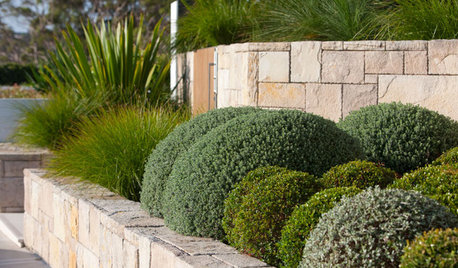
LANDSCAPE DESIGNBoxwood Alternatives Bring the Chelsea Flower Show to You
Don’t let box blight limit your plans to borrow garden design ideas from the renowned British event
Full Story
HEALTHY HOMESleep Happier and Healthier in a Toxin-Free Bedroom
Light pollution, toxic bedding, wallpaper that off-gases ... if you're not getting good sleep, these bedroom blights might be to blame
Full Story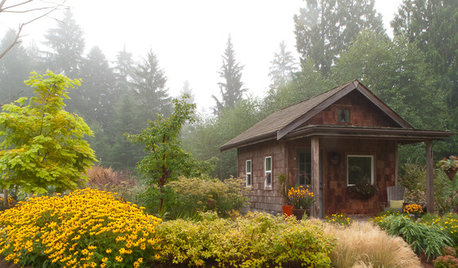
PLANTING IDEASGreat Garden Combo: A Fall Landscape Scene That Lasts
Span the seasons with trees, shrubs and grasses that offer color and texture in abundance
Full Story
HOME INNOVATIONSNow Approaching the Emerald City
Urbanites are spraying moss graffiti on walls and covering roofs in plants — and city regulators and designers are supporting the cause
Full Story
FARM YOUR YARDHow to Farm Your Parking Strip
Get an up-close look at a thriving street-side edible garden, one of many sprouting up in Seattle
Full Story
FARM YOUR YARDHow to Grow Vegetables in Containers
Get glorious vegetables and fruits on your patio with a pro’s guidance — including his personal recipe for potting mix
Full Story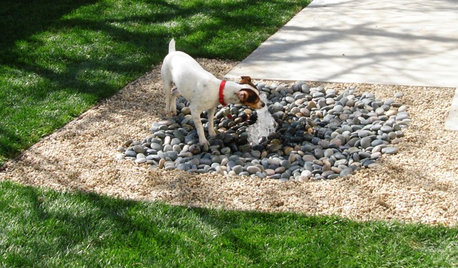
MOST POPULAR8 Backyard Ideas to Delight Your Dog
Cue the joyous soundtrack. These pet-friendly landscape and garden ideas will keep your pooch safe, happy and well exercised outdoors
Full Story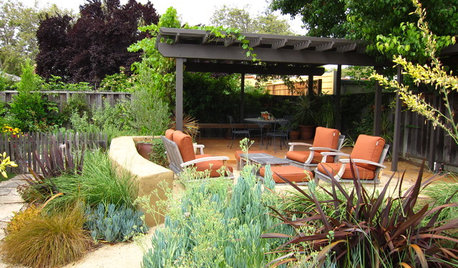
GARDENING GUIDESWhat Are Your Spring Gardening Plans?
Tearing out the lawn? Planting edibles? Starting from scratch? Tell us what you plan to change in your garden this year
Full Story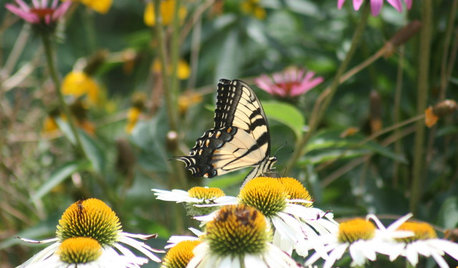
GARDENING GUIDESLessons in the Rewards of Selfless Gardening
Let go of gardening for your own vision and watch the garden’s own true vision come forth
Full Story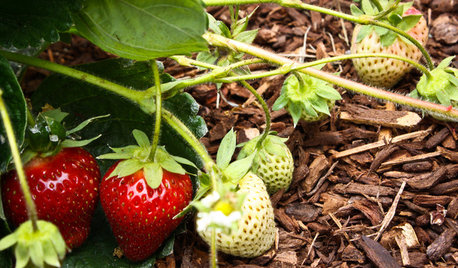
SPRING GARDENINGSummer Crops: How to Grow Strawberries
Pluck your own sweet strawberries right from the garden vine for smoothies, salads or eating then and there
Full Story





dchall_san_antonio
robieusaOriginal Author
Related Professionals
Maple Valley Landscape Architects & Landscape Designers · Rancho Cordova Landscape Architects & Landscape Designers · Newcastle Landscape Architects & Landscape Designers · Allentown Landscape Contractors · Lakeland Landscape Contractors · Caldwell Landscape Contractors · Fair Lawn Landscape Contractors · North Haven Landscape Contractors · Pleasanton Landscape Contractors · Riverhead Landscape Contractors · Sammamish Landscape Contractors · Soddy Daisy Landscape Contractors · Irvington Landscape Contractors · Denton Swimming Pool Builders · Palos Verdes Estates Swimming Pool Buildersdchall_san_antonio
robieusaOriginal Author